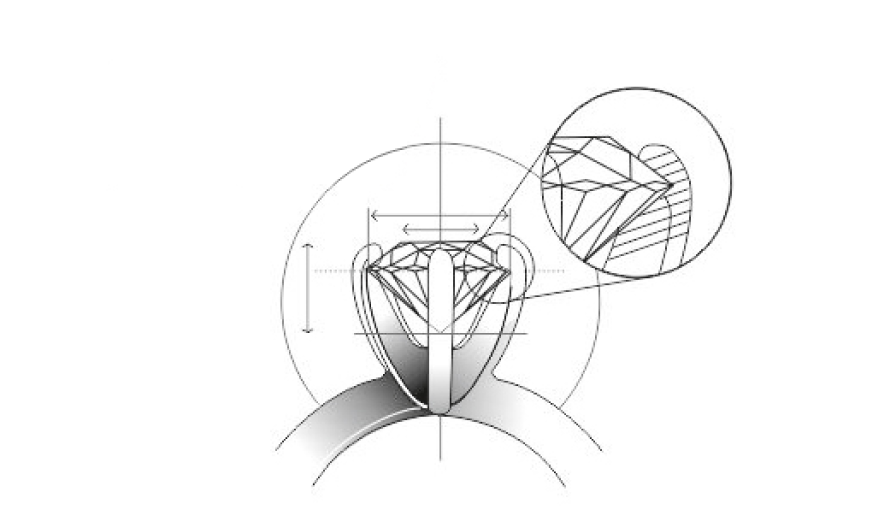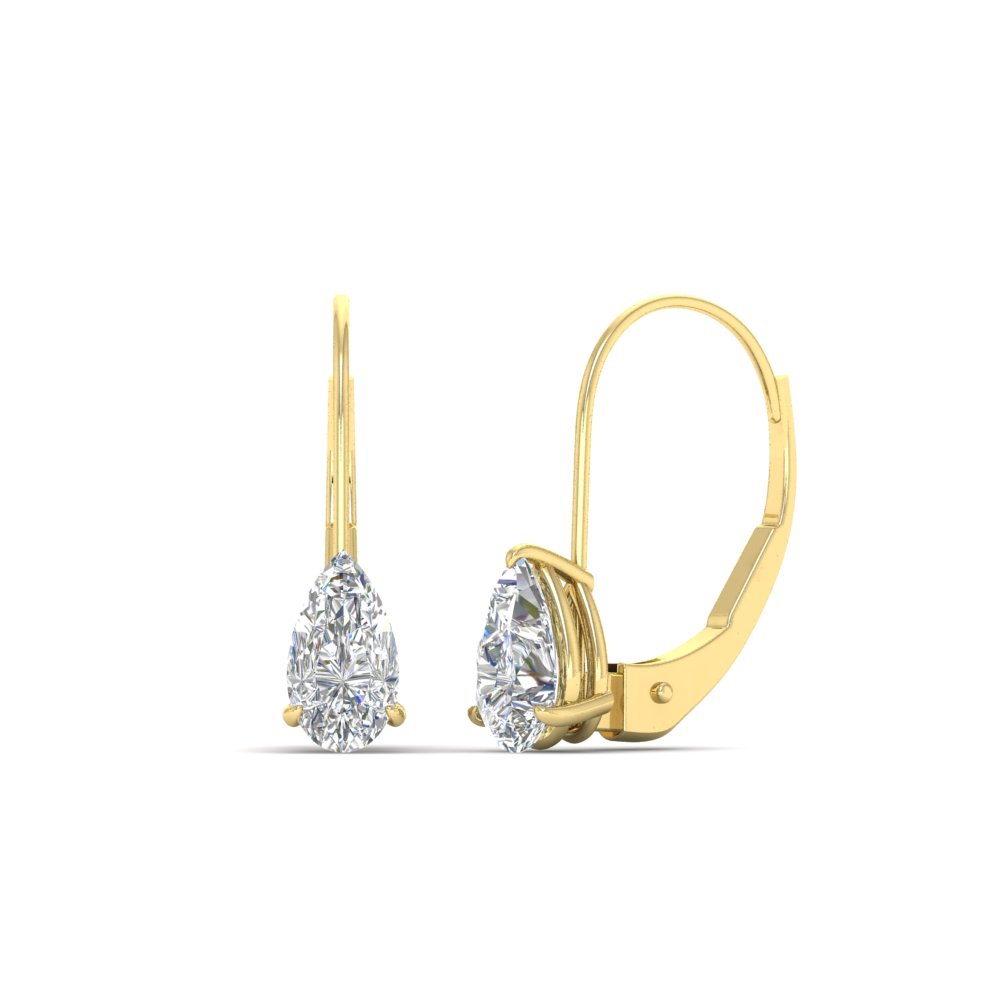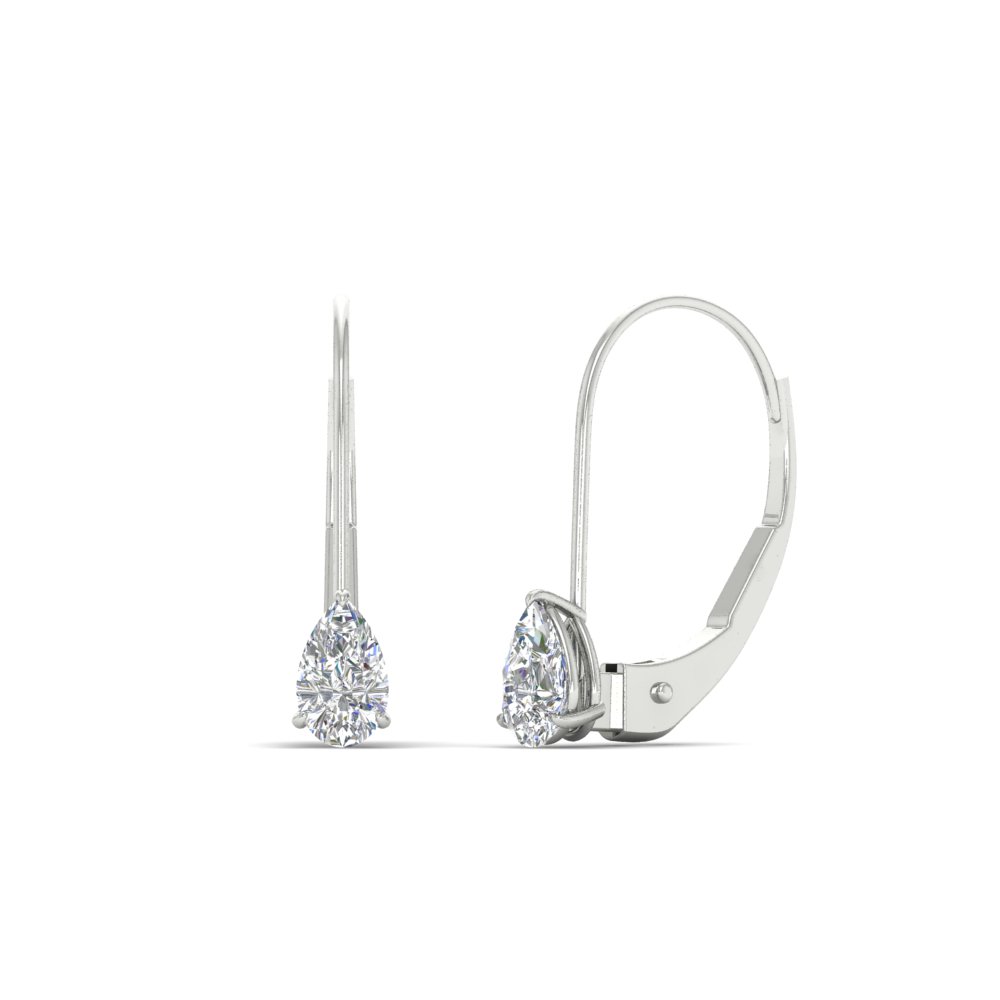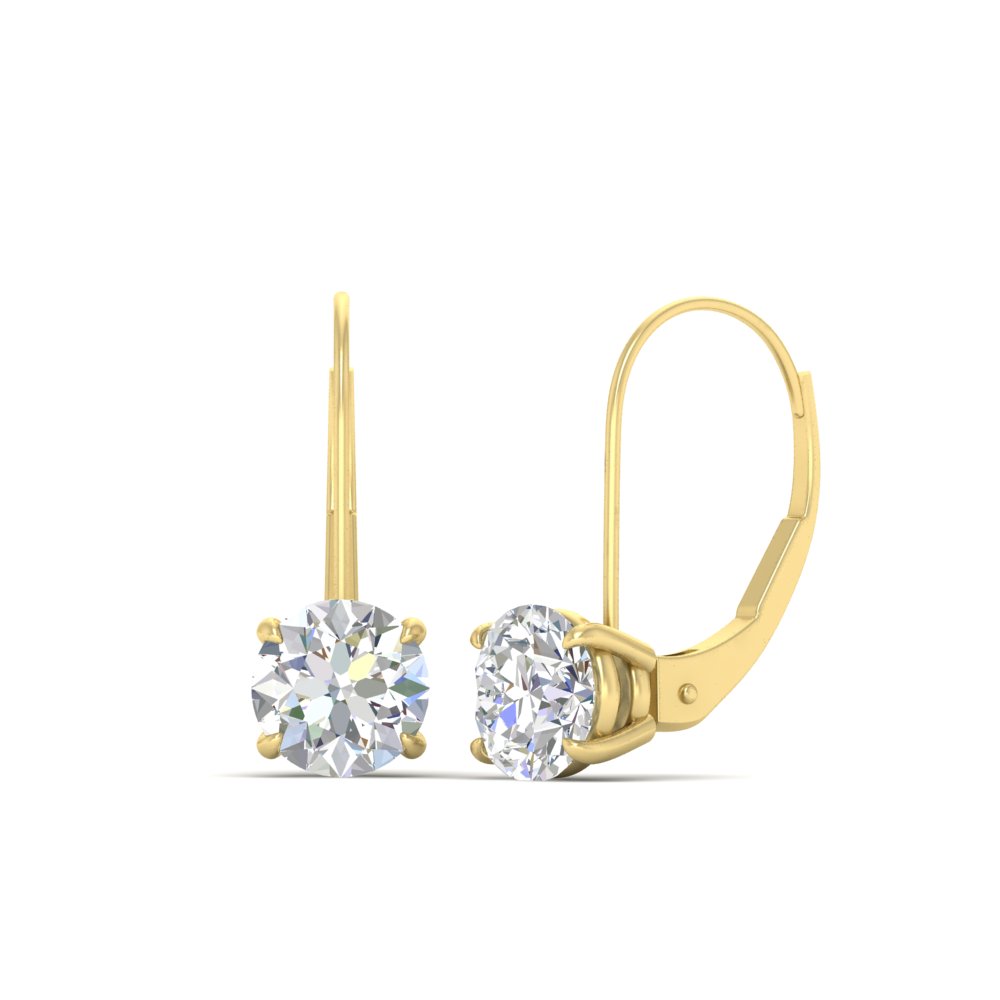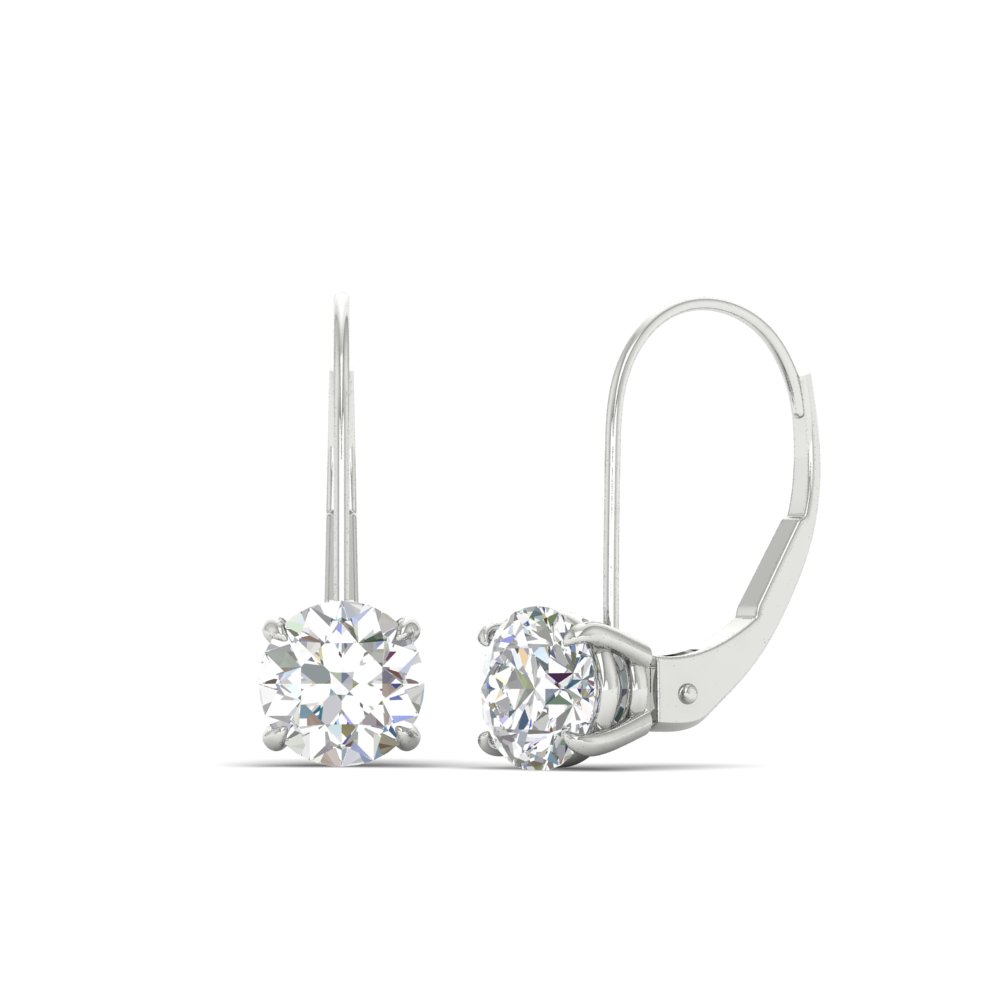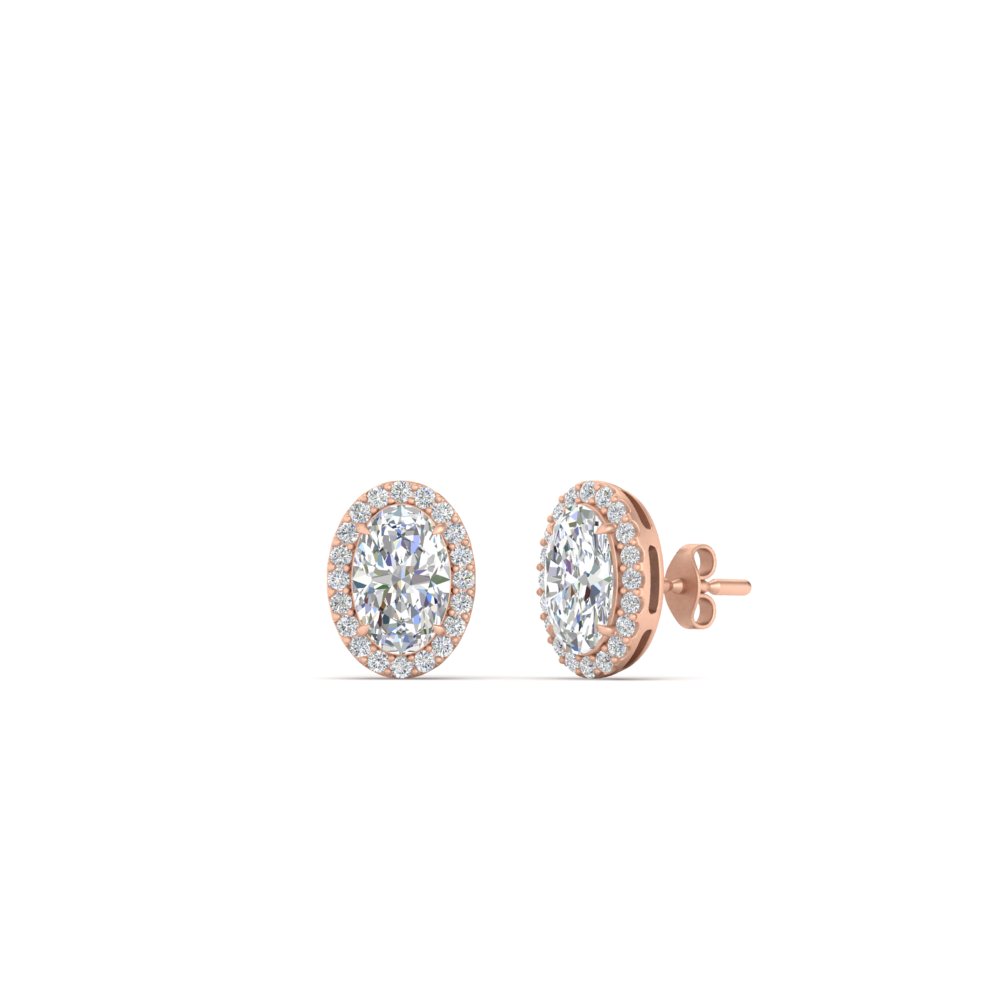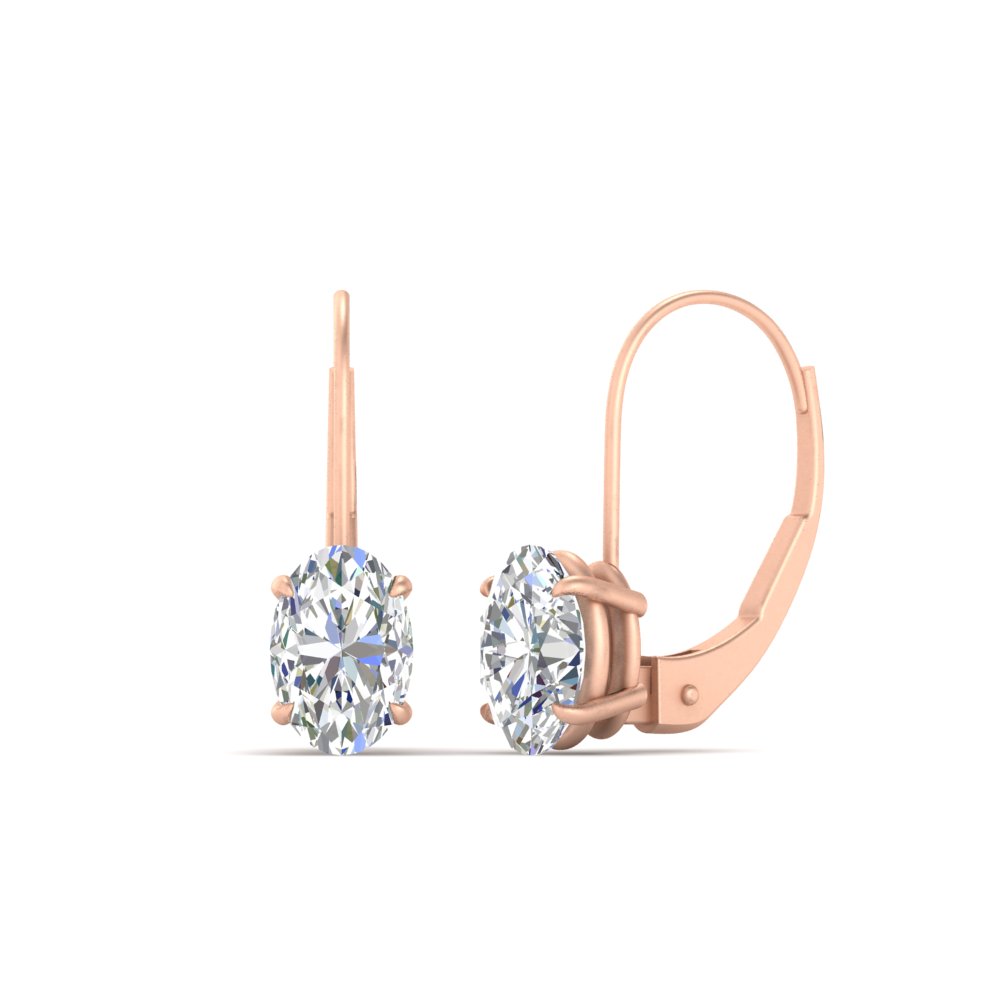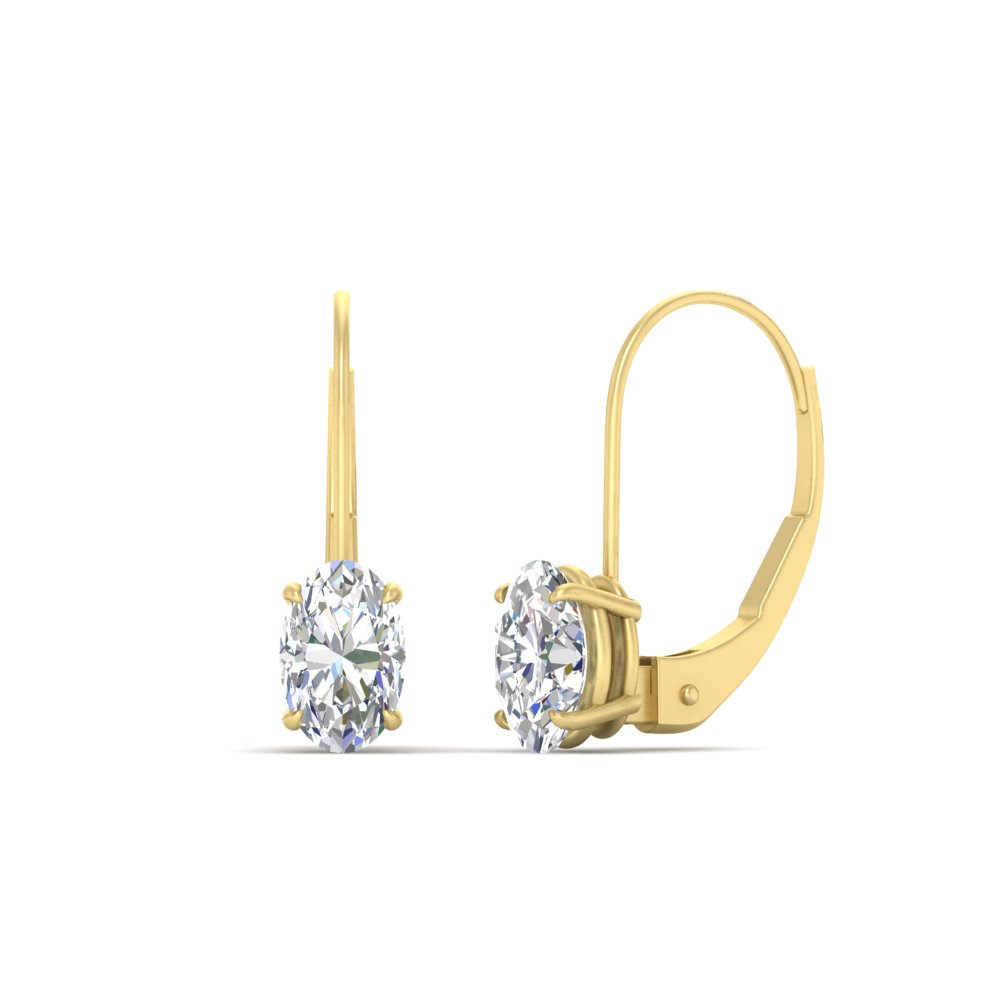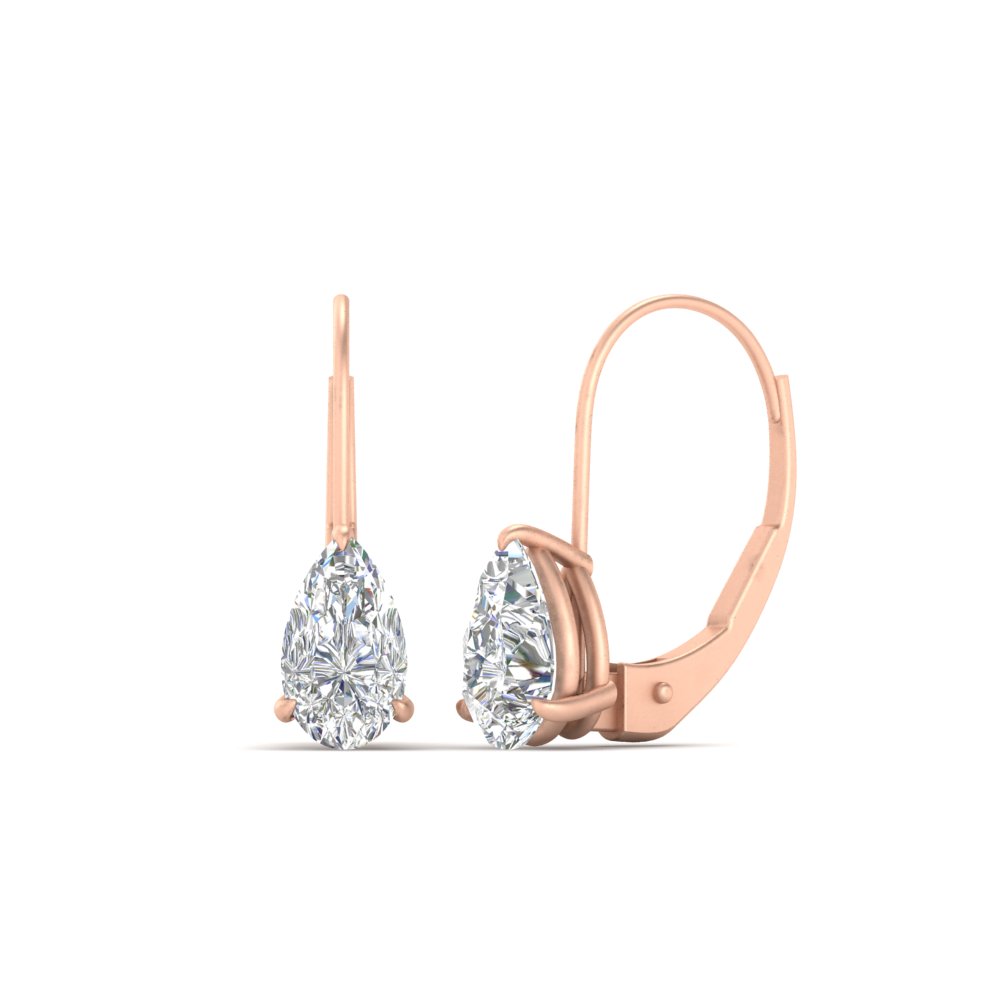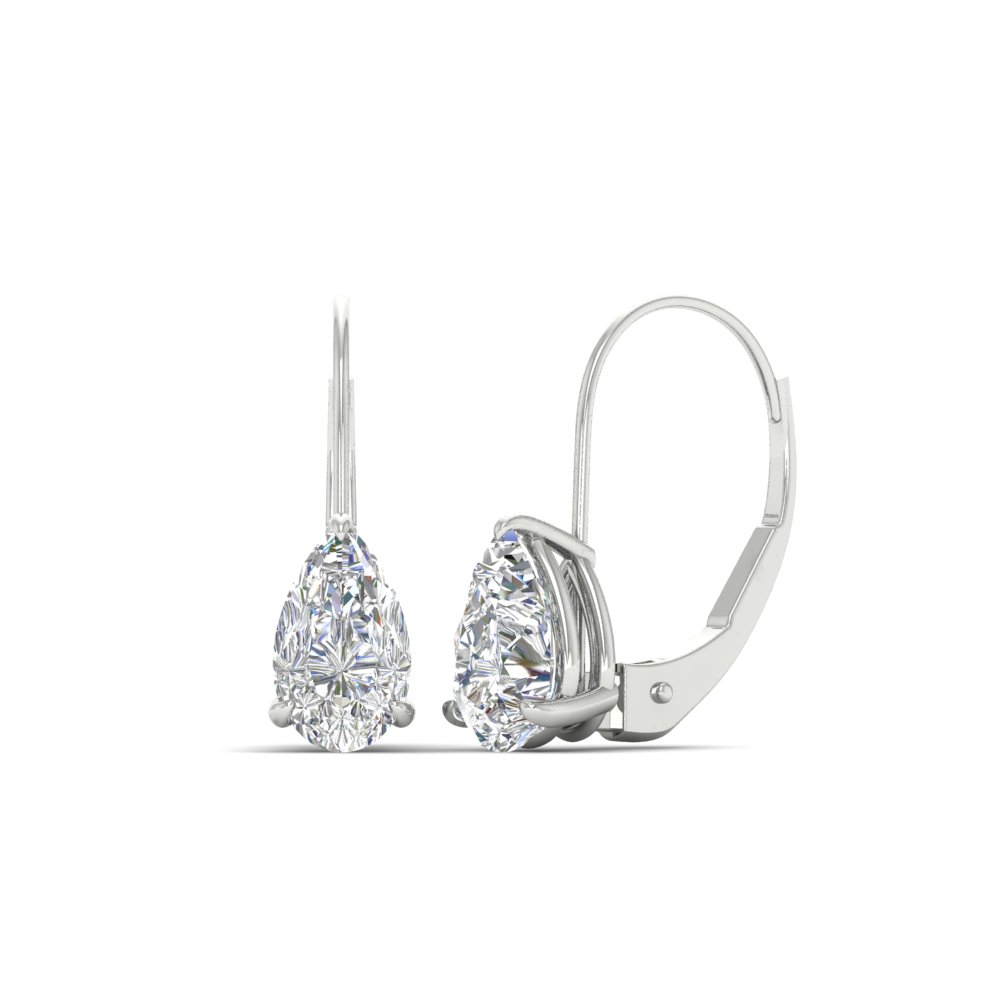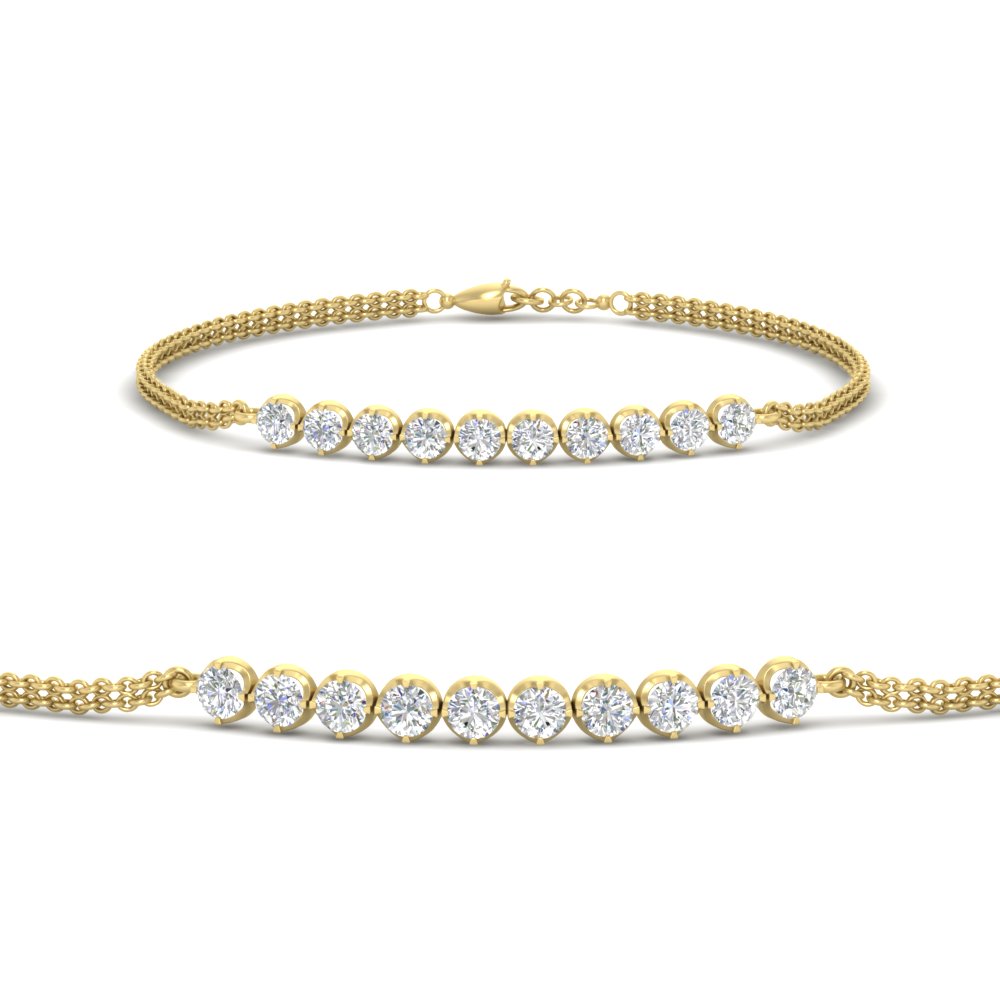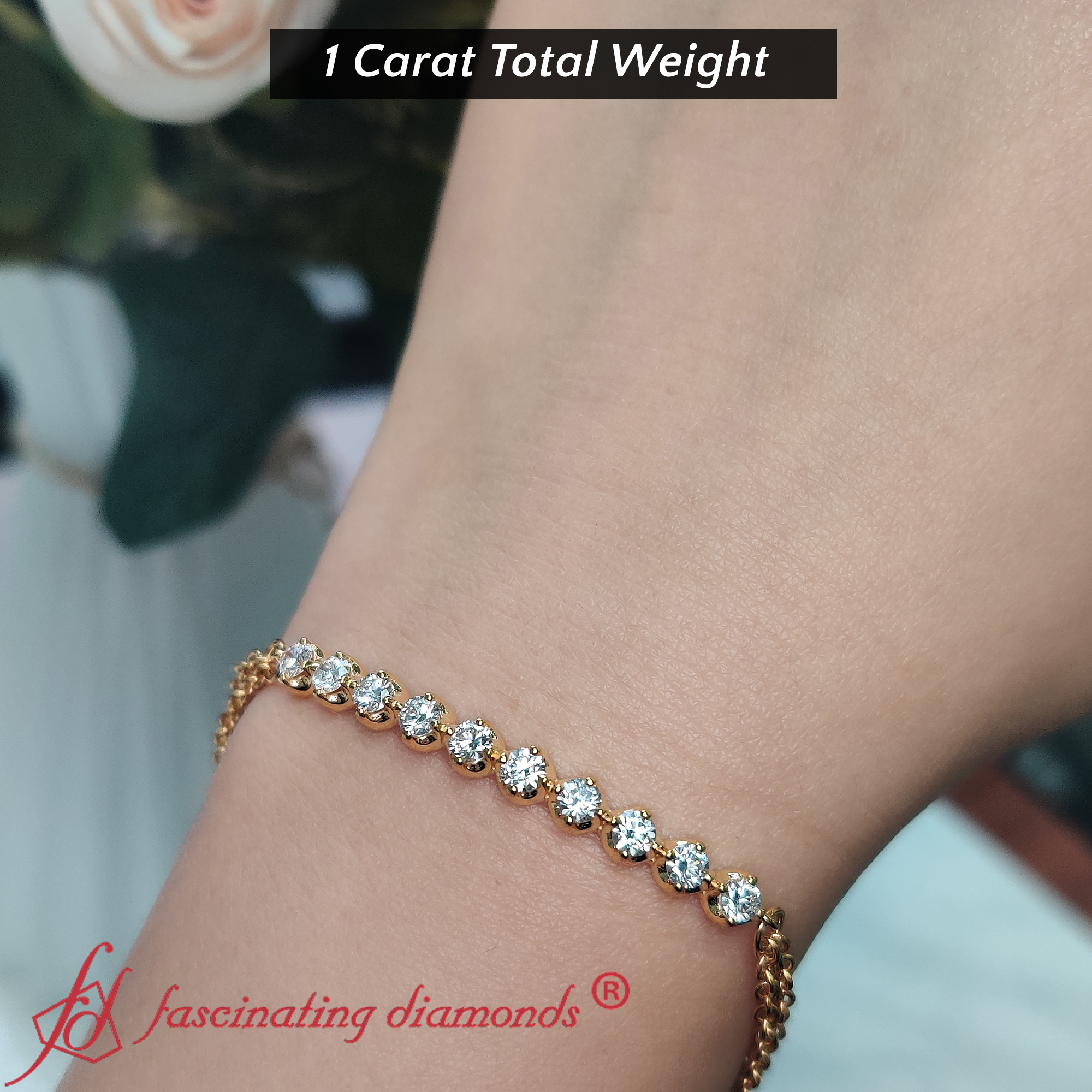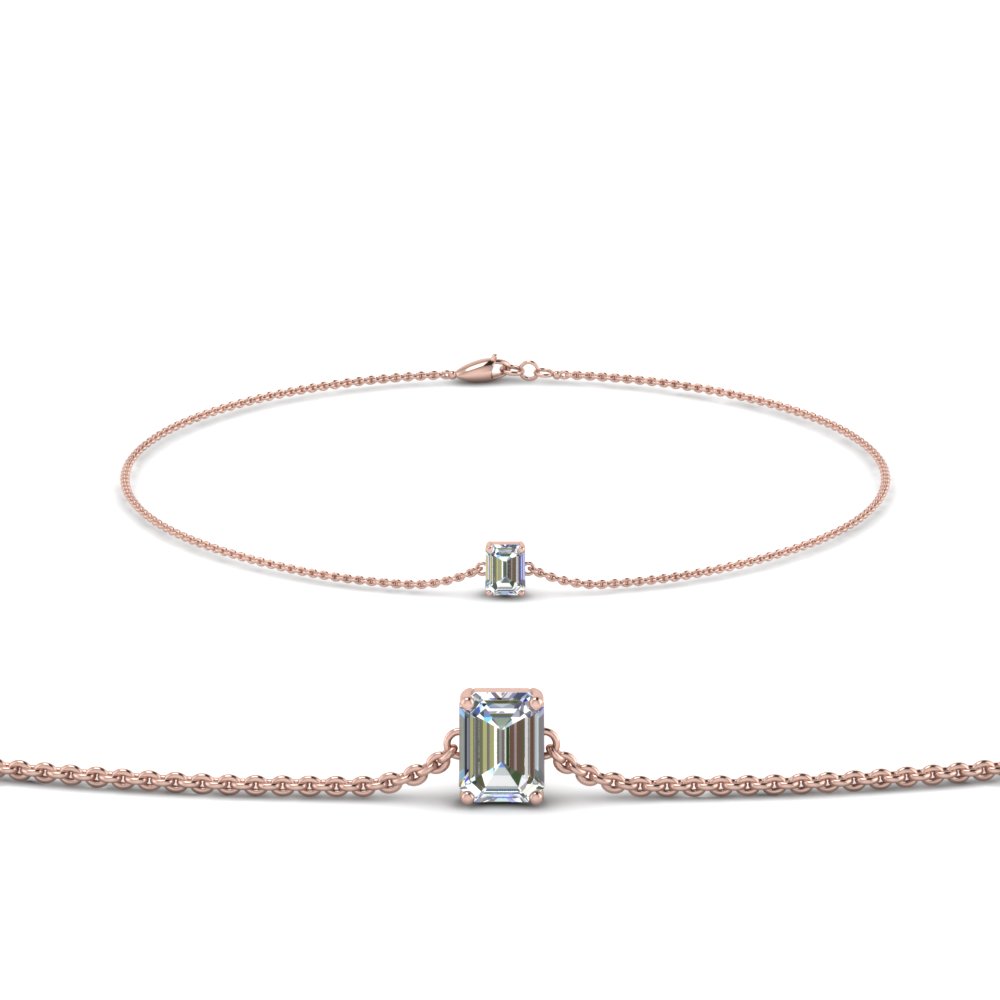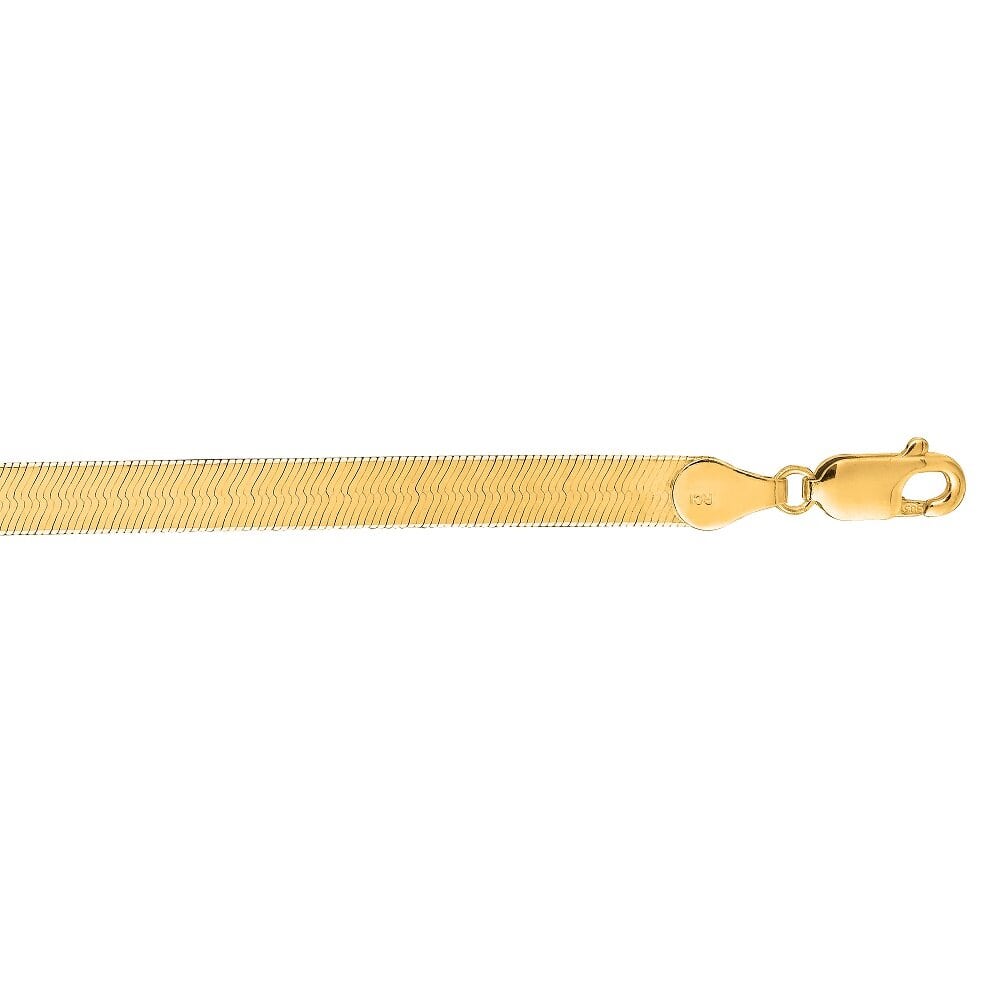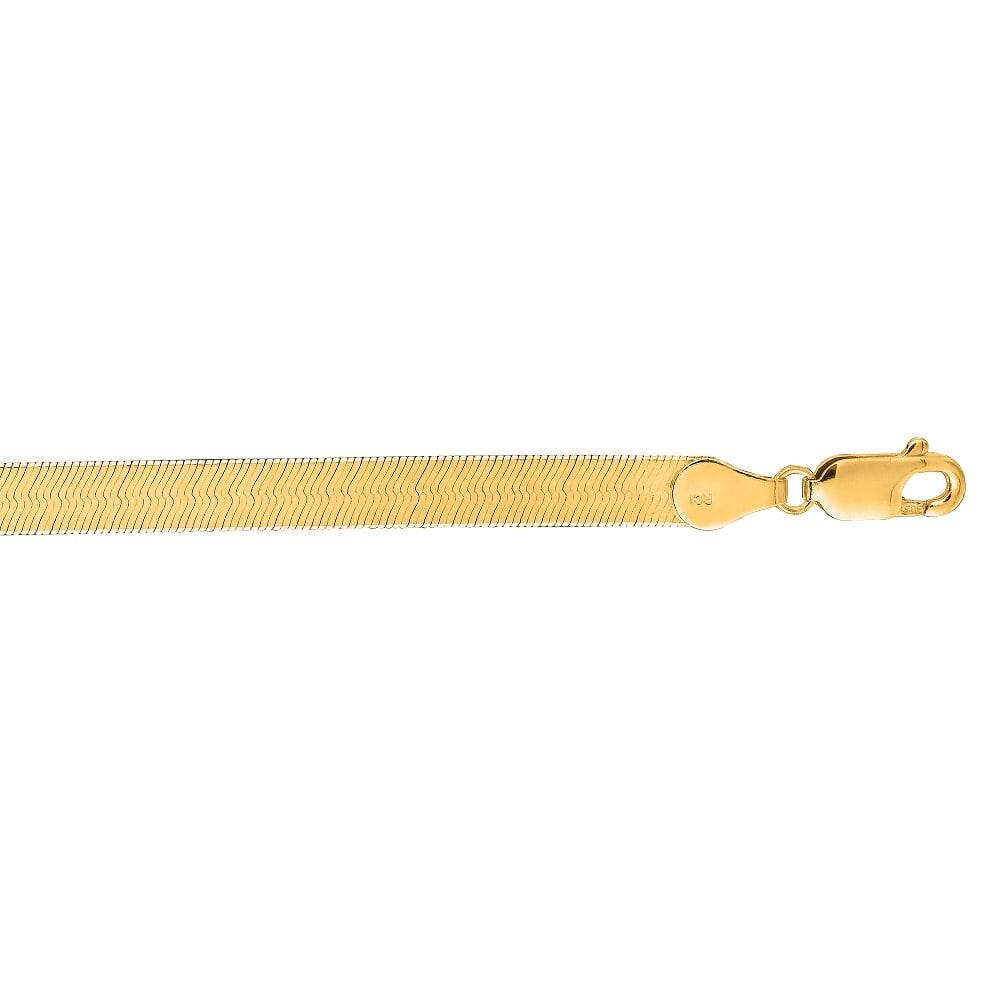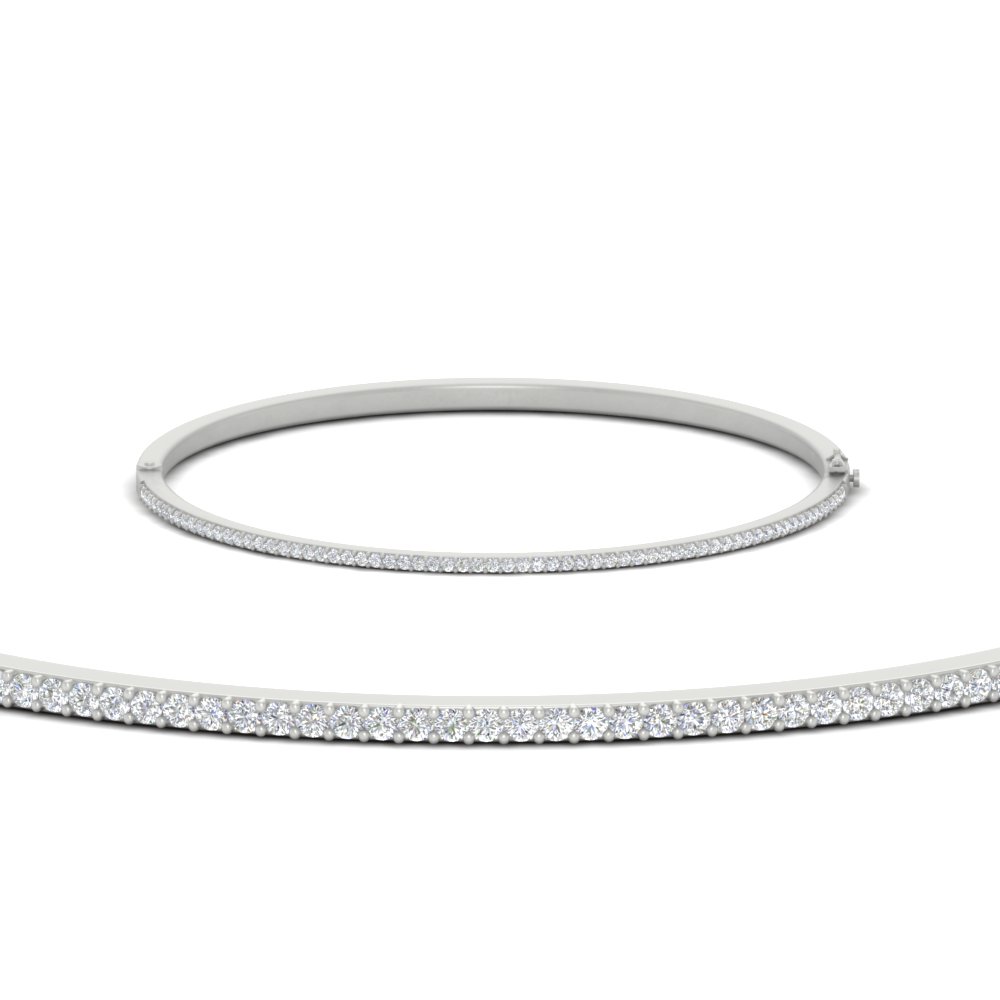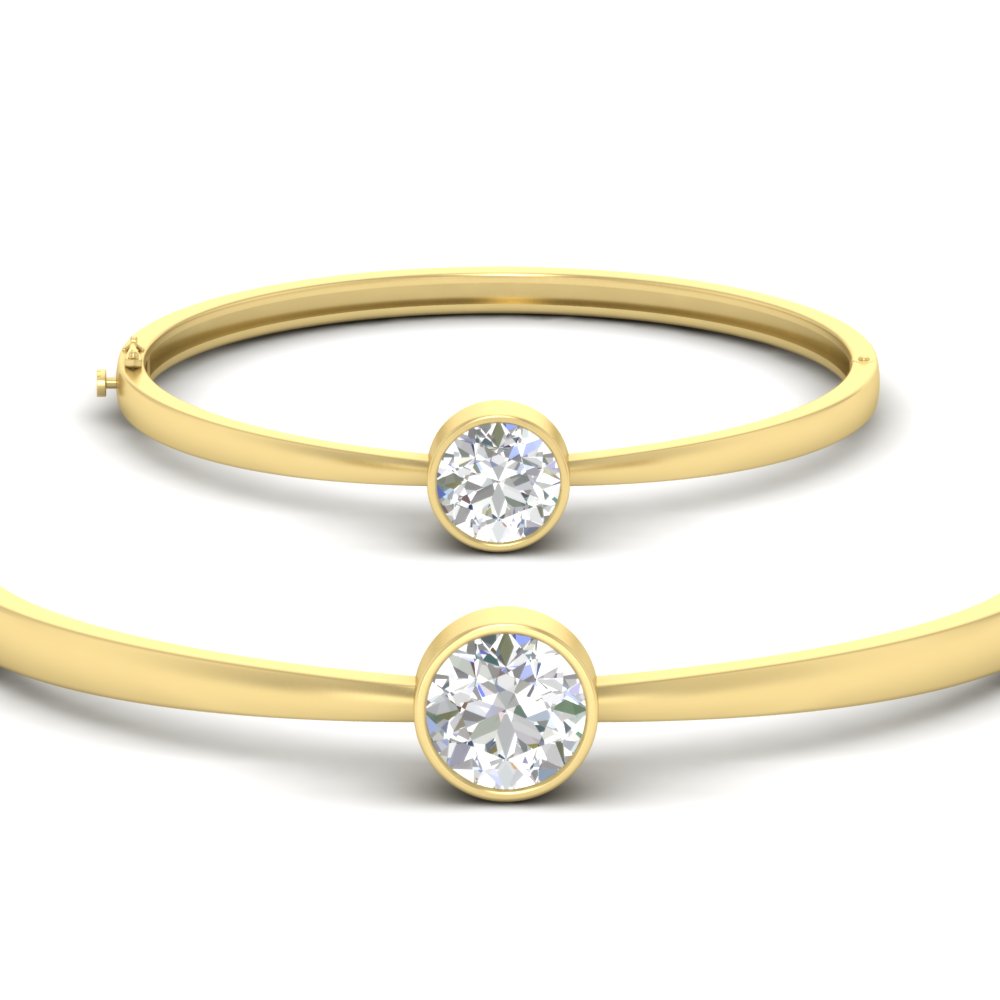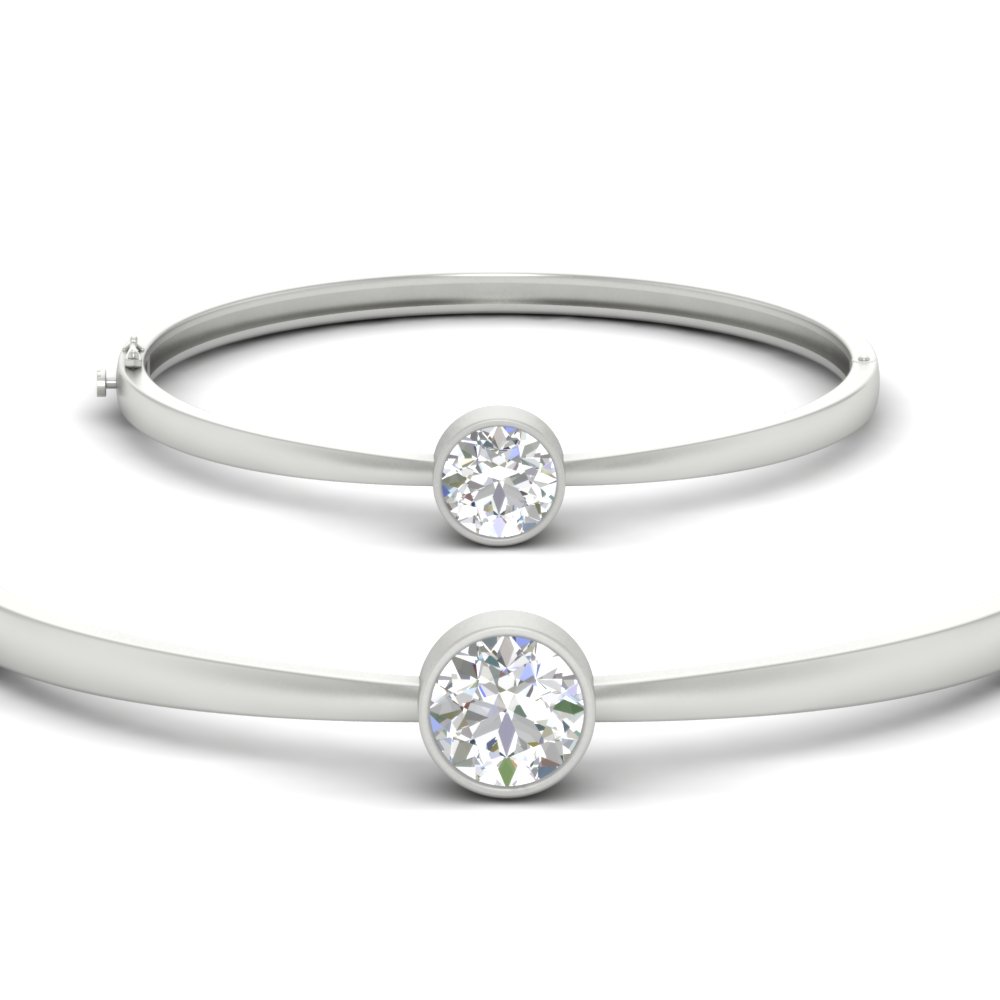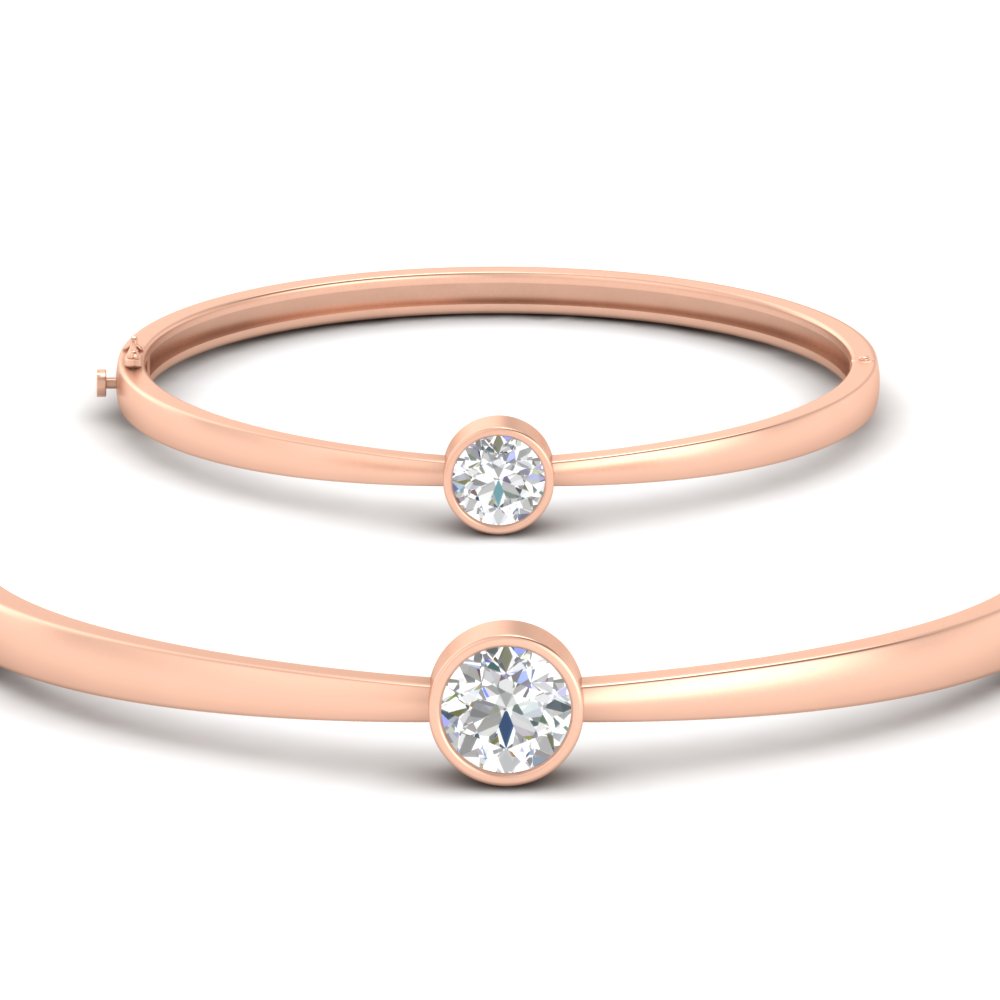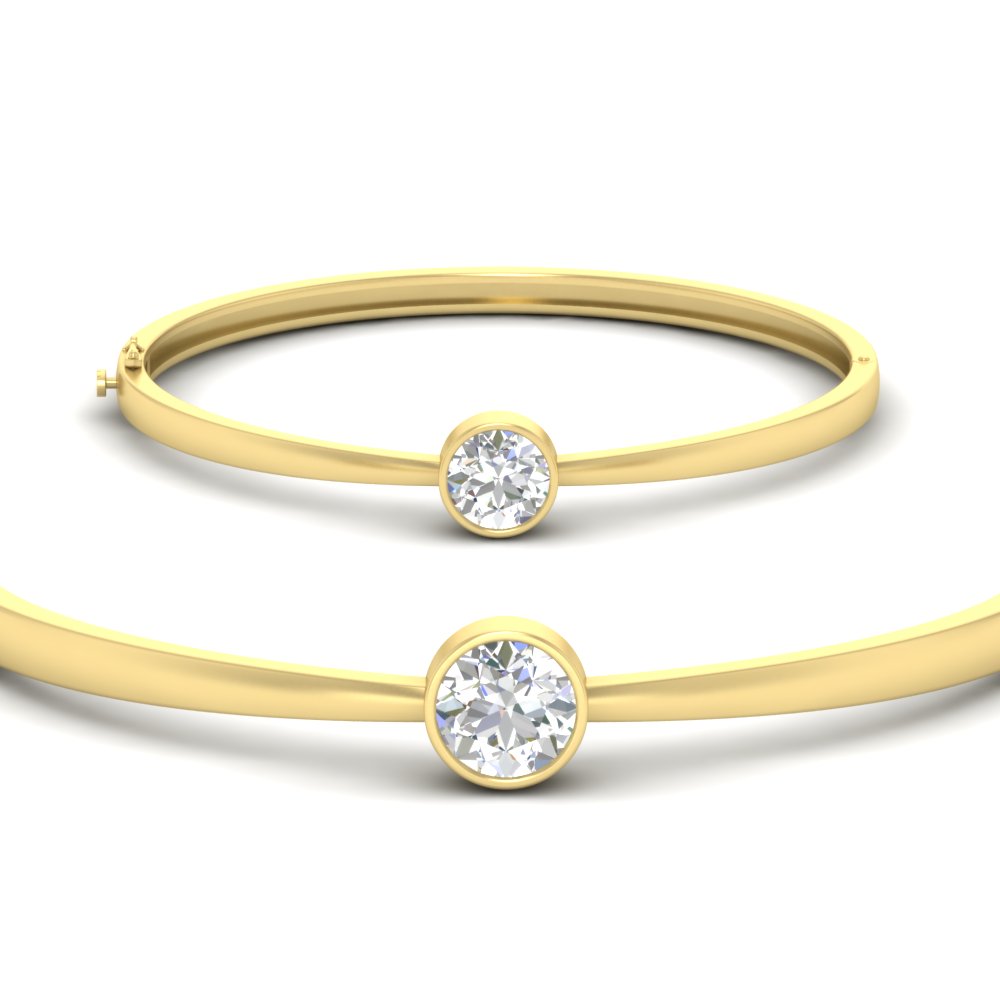Customer satisfaction and approval is of high priority to us, we aim to give quality services to our customers, so that they build a loyal relationship with us and shop with us at their pace and ease. This is why customer service is of utmost importance to us and to this effect, we service our customers in the best possible way, keeping in mind the same we have designed a few policies which would facilitate our customers to shop in a better way and convenient manner.
Set It Right
Diamond a stone that is a charmer, is enticing, graceful, and timeless. Having been said all these things a diamond can only look beautiful after it is supported, held, and highlighted appropriately by creative setting. Setting is all about style and how well a diamond can sparkle after has been set right. The purpose of any setting is to hold a diamond securely when mounted and at the same time allow light to enter the diamond for maximum brilliance. Getting captivated by the eternal splendor of a diamond greatly depends on its setting. It enhances the sheer beauty of a diamond and makes this immortal stone come to life. There are numerous kinds of diamond settings, each of which makes use of different procedure and skills to set a diamond.
Diamond Settings
Different types of diamond settings that are most commonly seen in the jewelry industry are as follows: Listed below are four types of commonly found Prong setting which are V-Prong, Common Prong, French Prong, and Floating Prong

V-Prong Set Ring
The V-Prongs that are the ones which take the shape of the letter V, they clasp the stone at its sharp ends and holds it along the ends, from top to bottom. The wire is cut in a right angle which permits the corner of the stone to rest on it. The v-prong guards those points of the stone which are often thin, fragile, and if left exposed can chip off easily. Depending on the design these prongs can either have a sharper exterior or can be rounded. Fancy shapes like heart cuts, pear cuts, princess cuts, and marquise cuts need added protection and hence are ideally set in V-prongs.

Common Prong Set Ring
An additional variation on the prong setting is called the common prong. In this setting the prong is positioned at the top and a single prong holds two diamonds by their griddle. It is crafted such that it forms a line of diamonds which has slight or no space between the stones. This technique gives a close flanking effect and is a very popular technique used for setting a diamond.

French Prong Set Ring
An exquisite way to highlight or bring out immense sparkle in a diamond can be done by French cut prong setting. In this French cut technique diamonds are set very close to each other and have exposed edges which permits ample of light to enter each diamond. This setting brings out maximum shine in a diamond and the closely set diamonds give an effect of a striking row of radiance on either side of a solitaire ring.

Floating Prong Set Ring
Floating prong diamonds are perfect illustrations of modern style that is enduring and the same time elegant. The diamond in this setting appears to be suspended in the ring as if it is miraculously floating in air than being held around.

Channel Set Ring
One of the most striking styles used to set a diamond is channel setting. It entails setting a row of diamonds which are similar in size one after the other to form a line like design between two vertical running metal bars. It basically involves placing the diamonds into a channel within the ring. The metal bars cover the diamonds so that the top part is left visible and hence presenting a striking visual effect. This creates a dazzling diamond sparkle with no metal impeding its beauty. Suitable for setting small round, oval or square diamonds this setting shields the diamonds extremely well as none of their edges are left exposed. This setting enhances the look of a ring if it is designed as a single band or with a big center stone ring which is channel set on either side. This setting is widely used in Wedding Bands, Eternity Rings, and Anniversary Rings.

Tension Set Ring
The tension setting also called the floating diamond setting has come into existence just sometime back and hence can be labeled as a comparatively new type of setting for wedding and engagement rings. This distinctive kind of setting holds the center stone securely in place between the metal bands. Tensile stress is applied by the band on the diamond from either side making it appear to be suspended or floating in mid air within the ring. The amount of pressure exerted by the metal keeps the stone fixed and does not let it move in any case. As the stone is subjected to metal pressure, this kind of setting can only be used for stones with ample amount of hardness like diamonds, sapphires, and rubies.

Bezel Set Ring
The bezel setting though known from the primitive ages, has been rediscovered only some time back and lately considered by many as a setting that gives a contemporary look. In this setting the diamond is firmly held in place by a rim or collar that encircles the side of the stone and enlarges faintly above it. This kind of setting is ideal for any diamond shape and is said to be one of the best settings to shield your diamond from falling, chipping, or getting damaged. Bezel setting has an added advantage of hiding imperfections and also, can make a diamond appear big. A bezel setting also, comes in numerous variants like semi bezel, half bezel or open bezel. This setting provides a great combination of stylish look and durable design.

Pave Set Ring
Owing its name to the French word “Pave” which means paved or cobble-stoned this setting stands true to its name as the surface resembles a street which is paved with numerous tiny stones. The archetypal Pave setting is a distinctive way to set loose diamonds, somewhat like paving the way for closely setting tiny sparkling diamonds together. In this setting diamonds are fit into tiny holes that are drilled on the metal in such a way that they appear in line with the surface of the ring. The metal in this kind of setting remains invisible as it gets covered by numerous closely set diamonds. This gives an over-all spectacular look to the ring which is created by an uninterrupted paved surface of shimmering diamonds. It ideally requires ample number of small similar sized diamonds and this is one of the reasons why pave setting is more costly as compared to the other types of settings.

Bar Set Ring
The bar setting is a more secure variant of the conventional channel setting and is a modern way to set diamonds. Diamonds are locked in place firmly by two vertical metal bars on either side of each stone on the ring band. The diamonds are nested in grooves using metal that overlaps each diamond and holds them securely in line. The diamonds are left exposed on the other two sides which benefits them as ample amount of light reaches it and permits it to sparkle vibrantly. This setting is often used in anniversary rings to hold numerous similar sized diamonds in a row next to one another, divided only by metal bars. Bar setting typically requires even size higher quality diamonds and that is the reason this setting is moderately expensive in comparison to channel setting.

Flush Set Ring
The Flush setting or at times also referred as a burnish setting, is one of the most mysterious method to set a diamond. Diamond is evenly rooted into the metal to the point where they appear to be in level with its surface. Only the table of the stone and a fragment of the upper pavilion facets are visible in this setting. The subtle flush setting permits a random, just about unusual, dispersion of loose diamonds making it look like glittering pieces of light that sparkle on the metal surface of the ring. It is popular because diamonds of different sizes can be used in this setting; also it has an advantage of effortless cleaning and gives good protection to the diamond.


